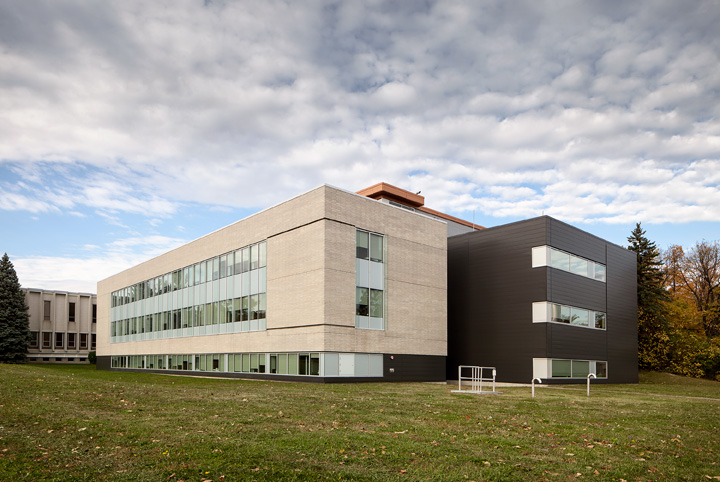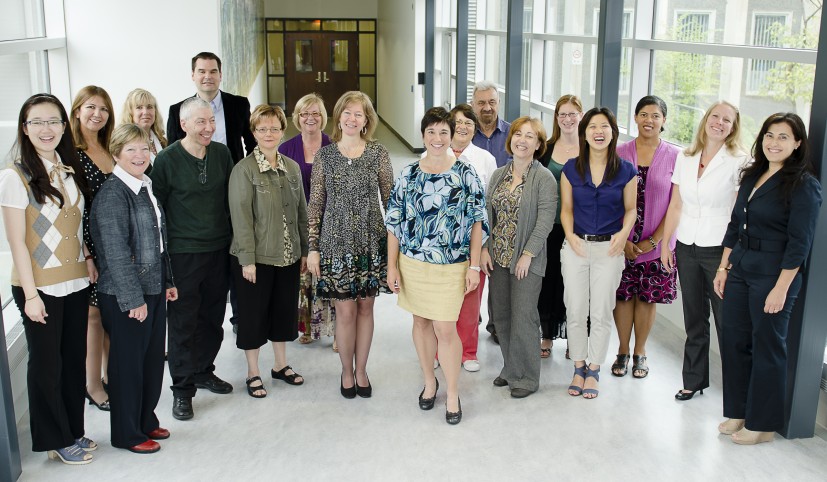ep·i·de·mi·ol·o·gy /ˌepiˌdēmēˈäləjē/ The branch of medicine that deals with the incidence, distribution, and possible control of diseases and other factors relating to population health.
INRS (Institut national de la recherche scientifique) ranks first in Quebec and third in Canada in terms of research intensity (funding per faculty member). It brings together professors, researchers, graduate students, and postdoctoral fellows in its four research centers in Montreal, Quebec City, Laval, and Varennes. INRS–Centre Armand-Frappier Santé Biotechnologie Research Center’s professors draw on their many areas of expertise to prevent, detect, and treat a variety of diseases. The Center’s scientific activities revolve around three research themes: infectious diseases, immunity, cancer, and epidemiology; environmental biotechnology; and environmental toxicology and chemical pharmacology.
Epidemiology is the scientific discipline that seeks to identify the factors that increase or decrease the risk of disease in populations. This branch is integral to public health, which is at the hear of the mission of INRS-Centre Armand-Frappier Santé Biotechnologie, as it is the foundation of the establishment of prevention strategies.



